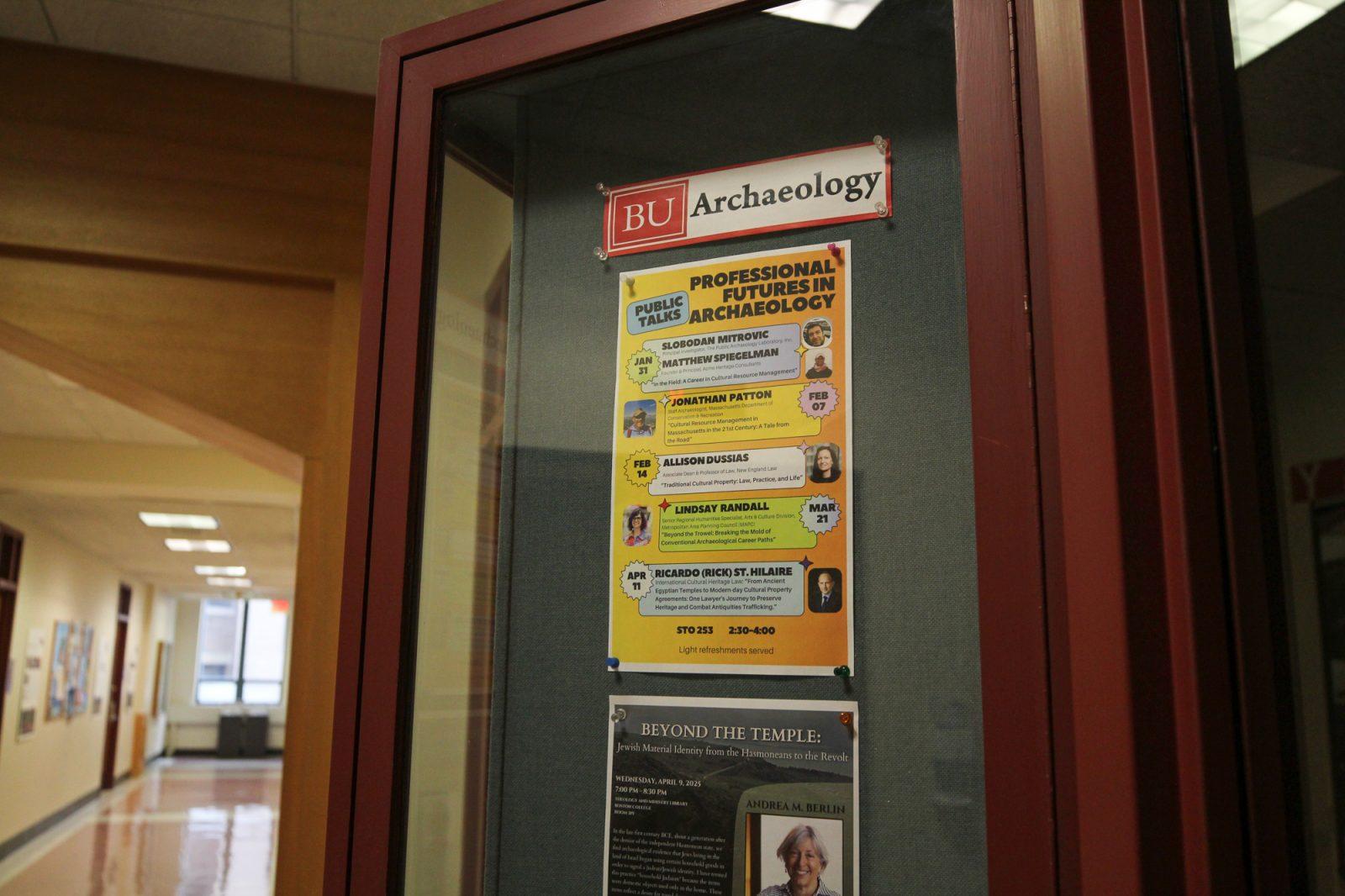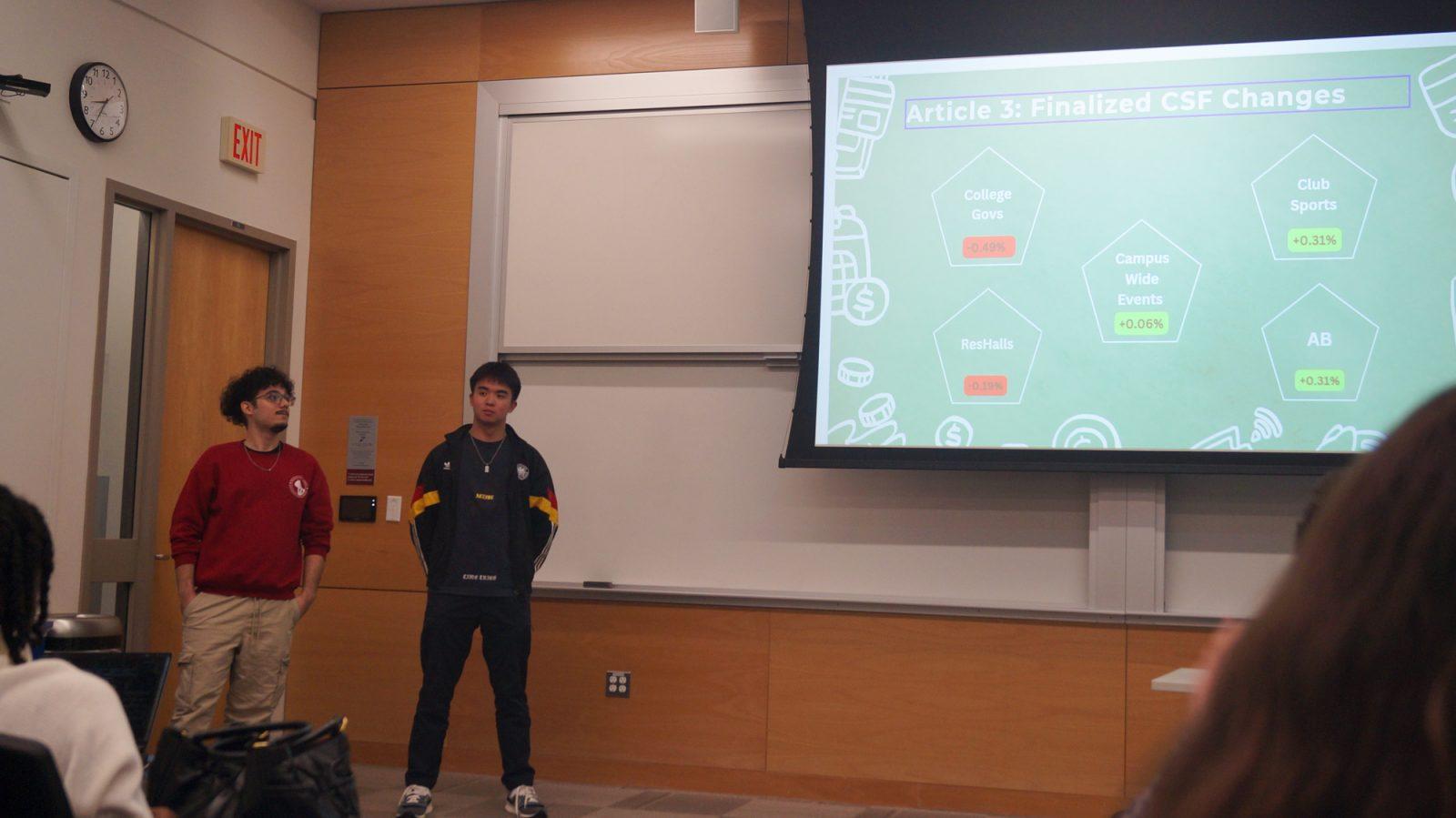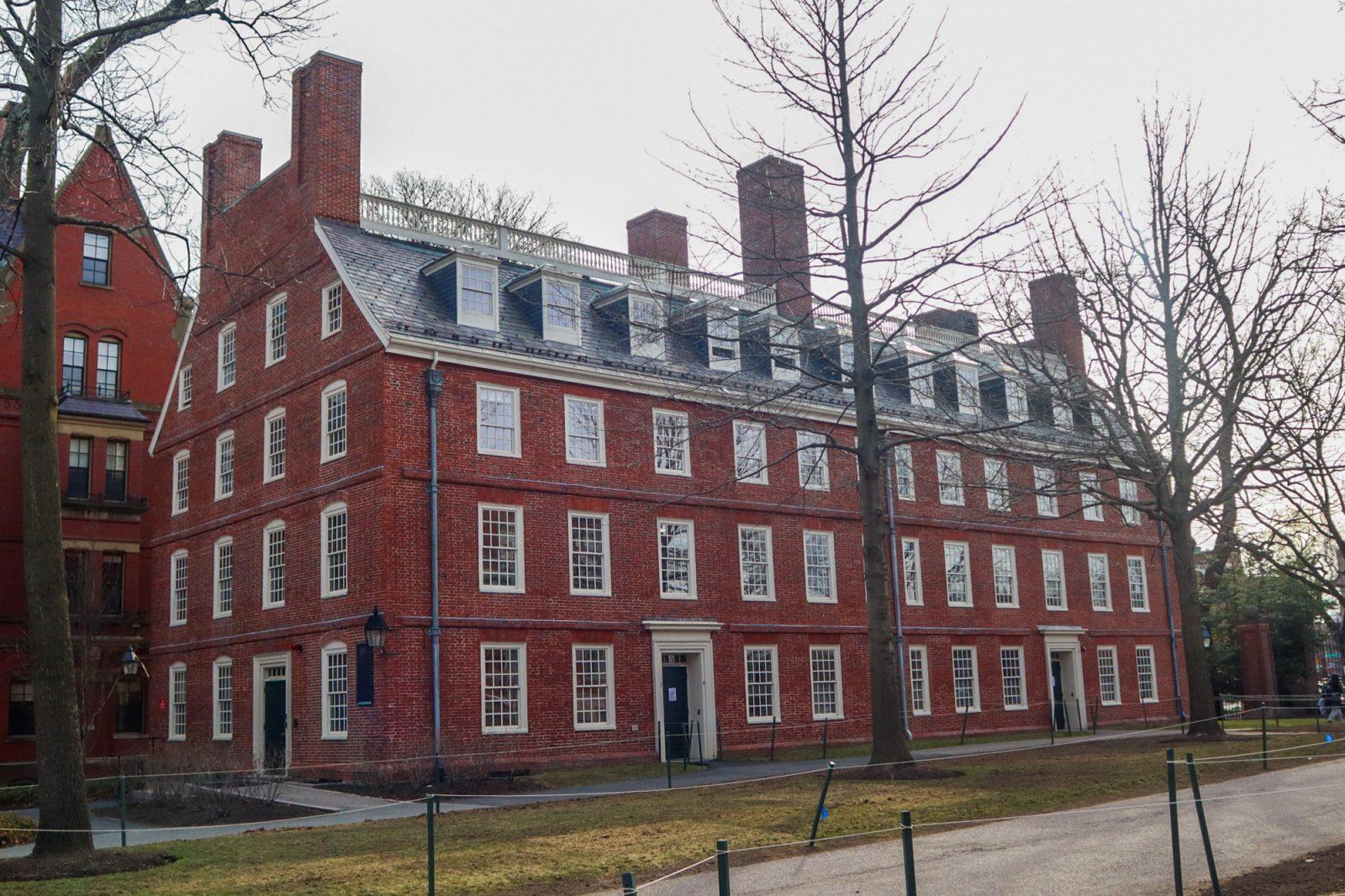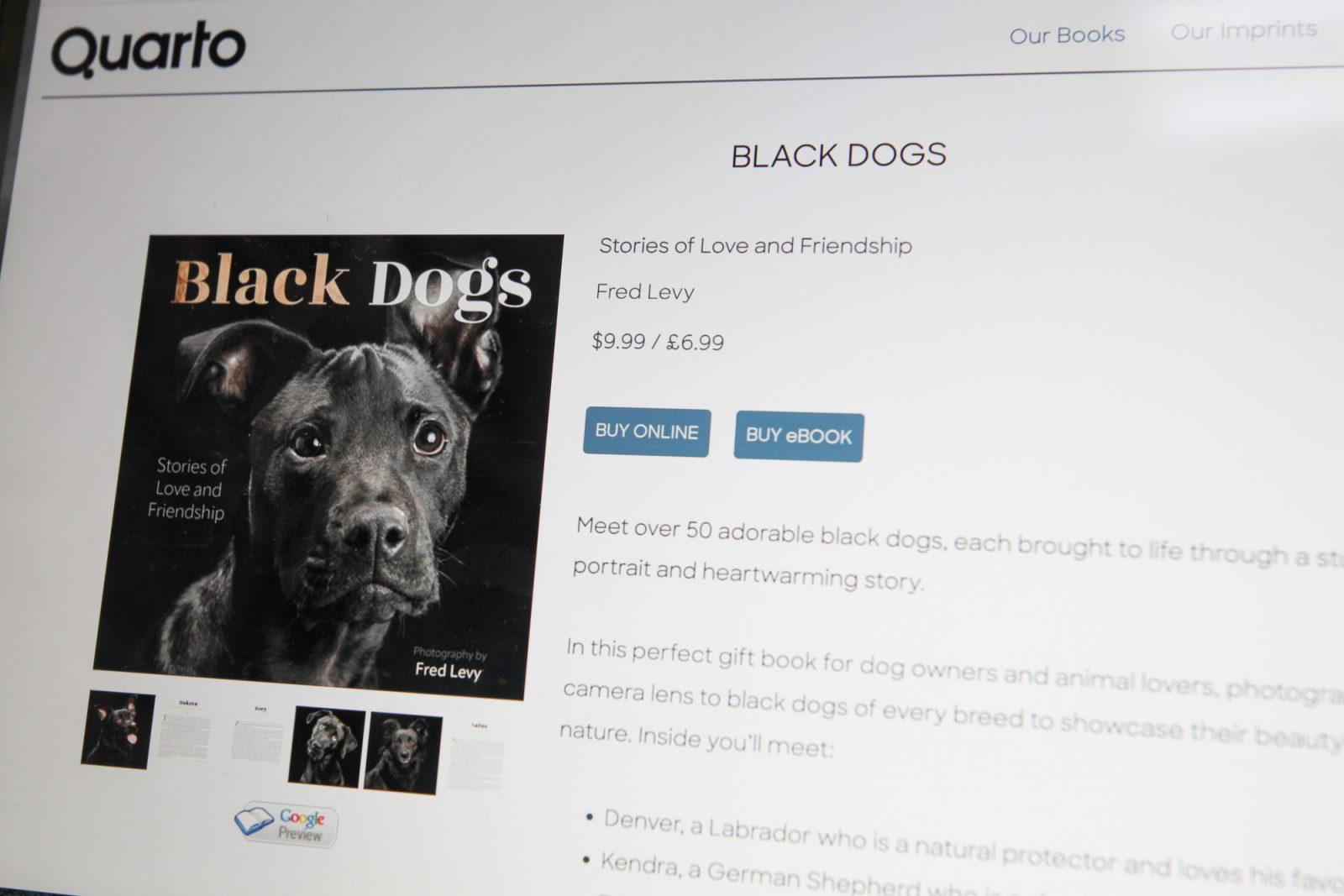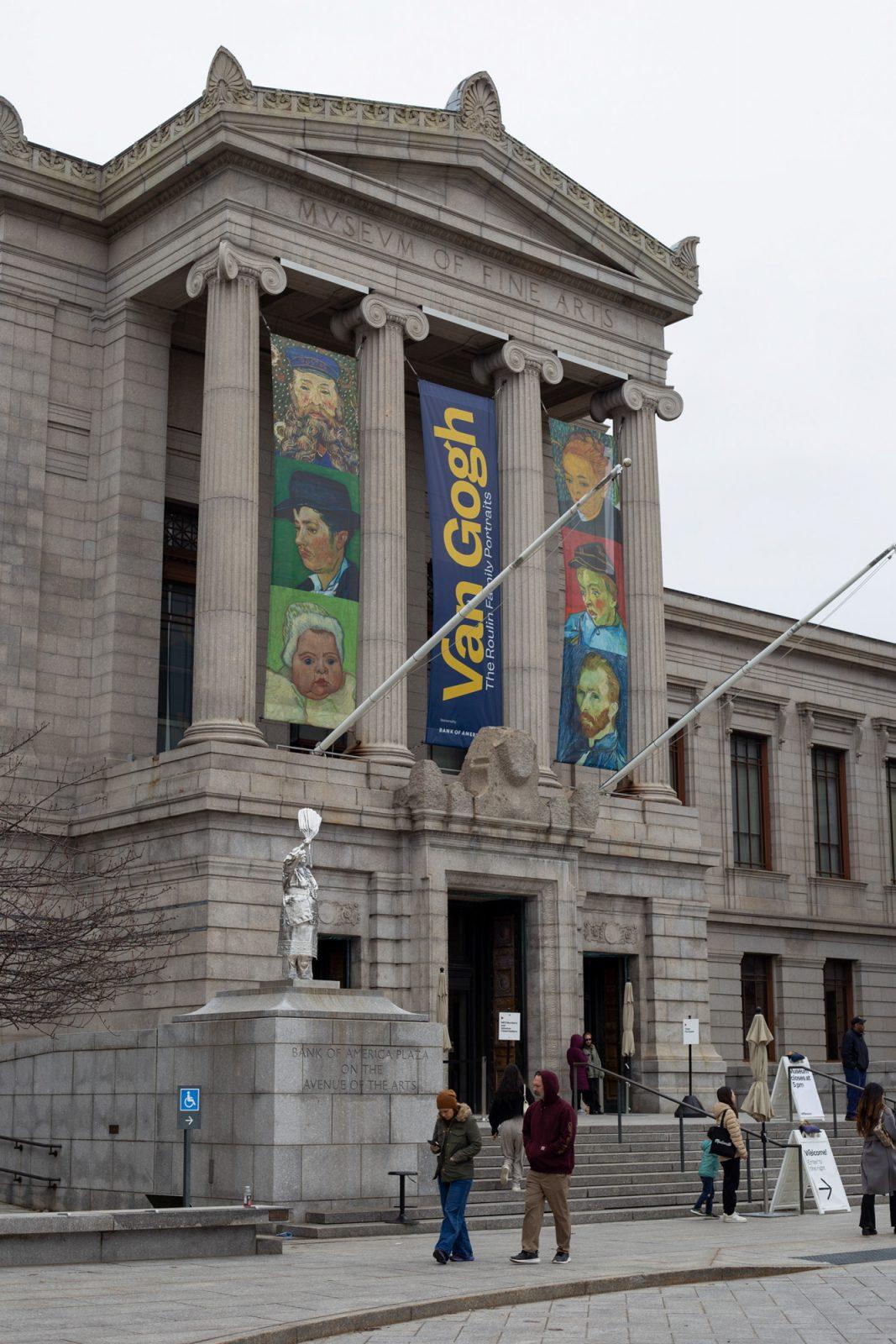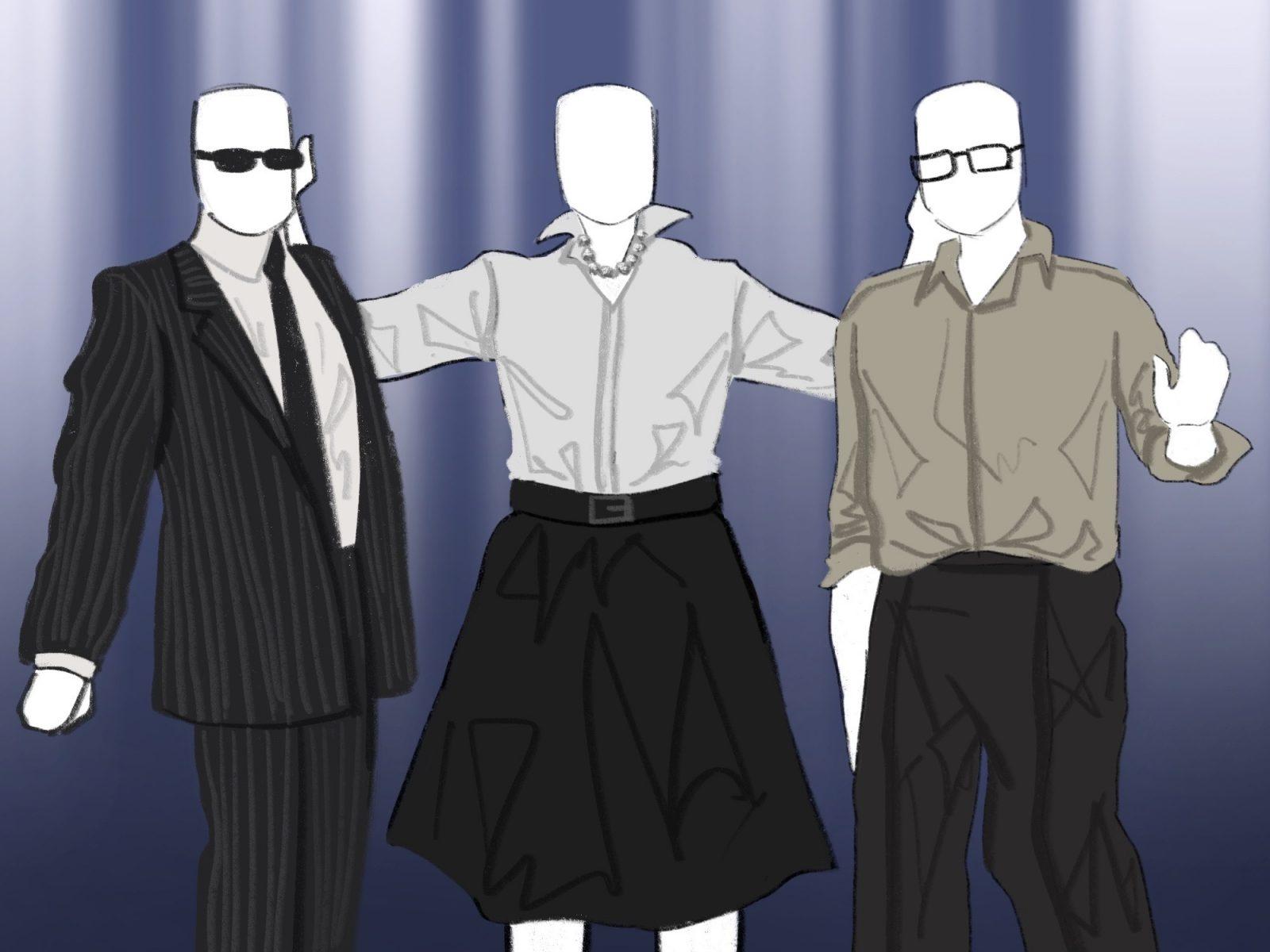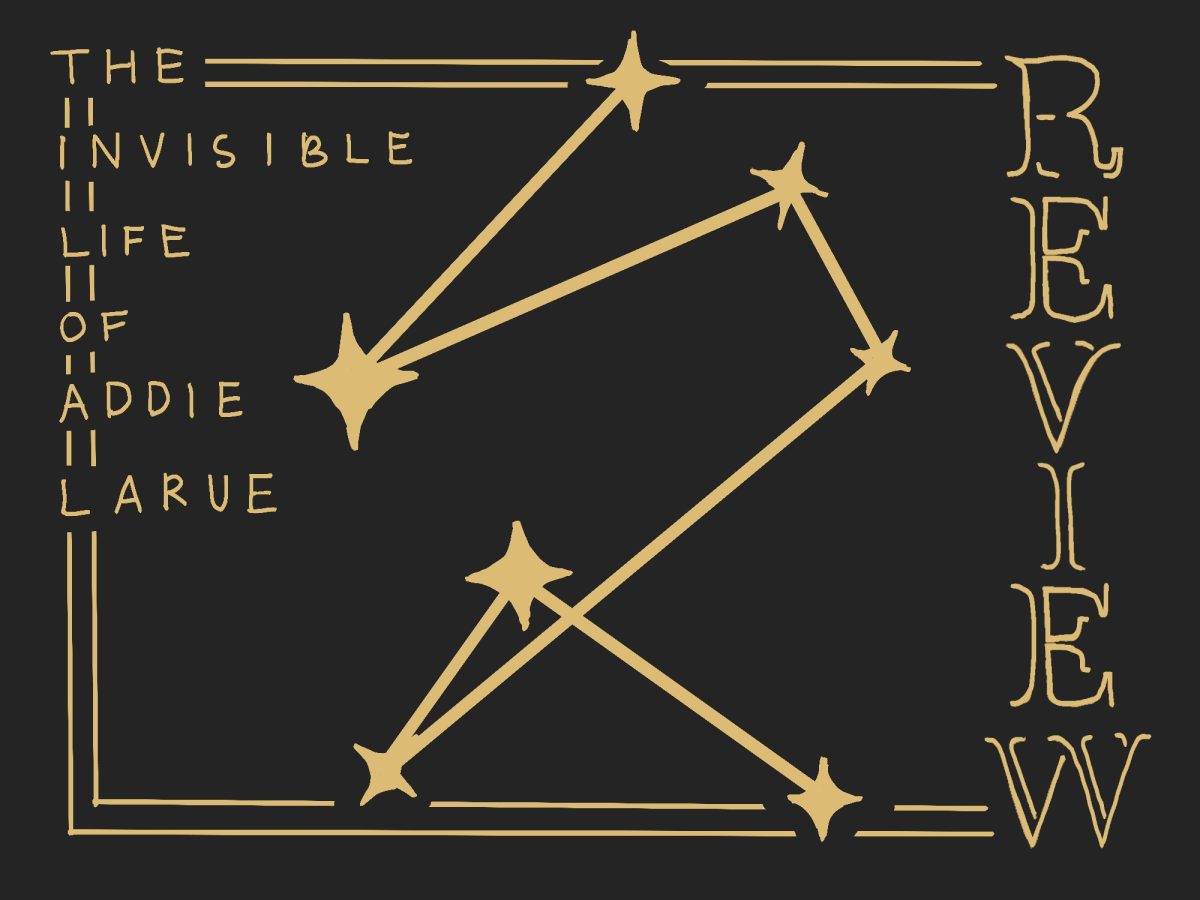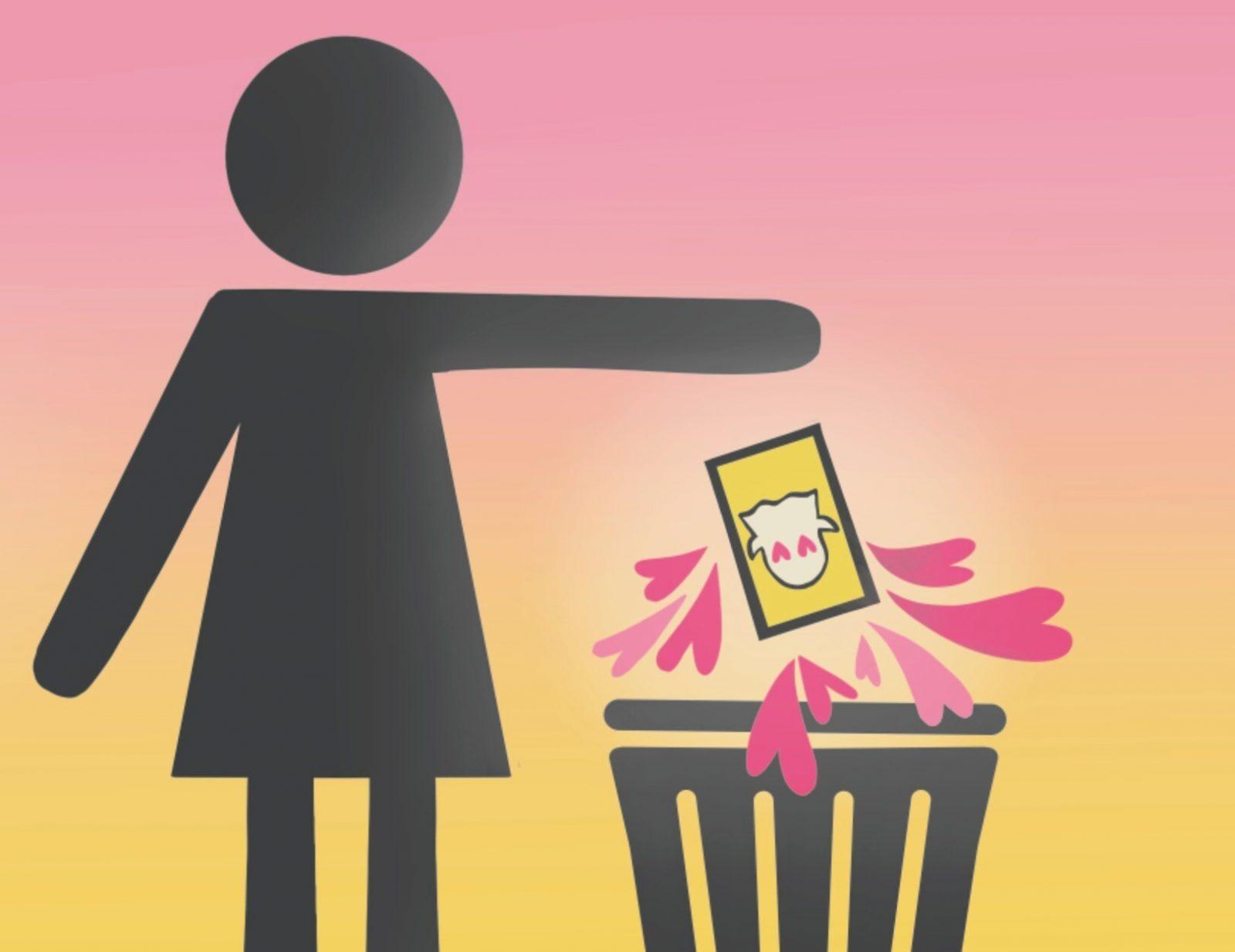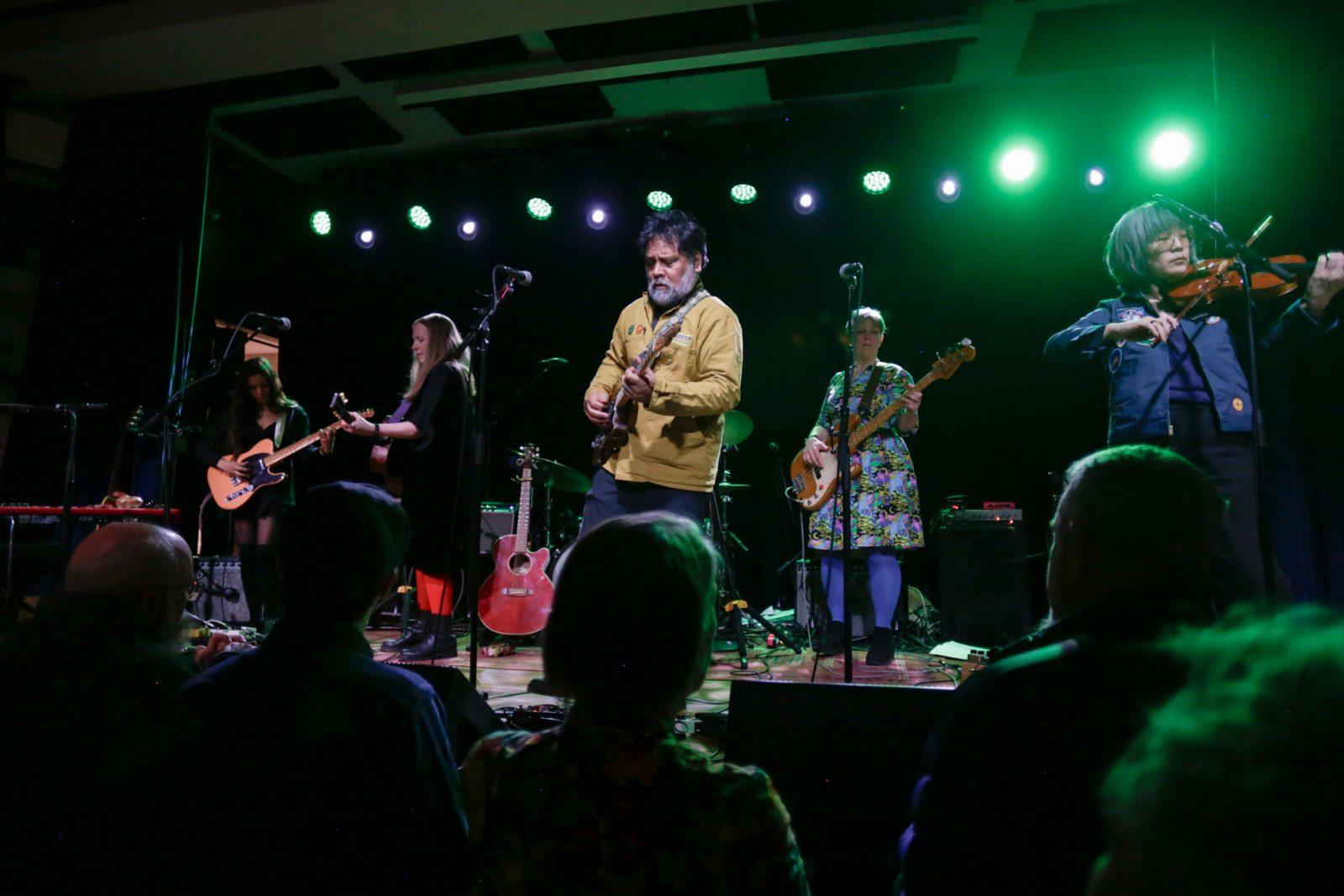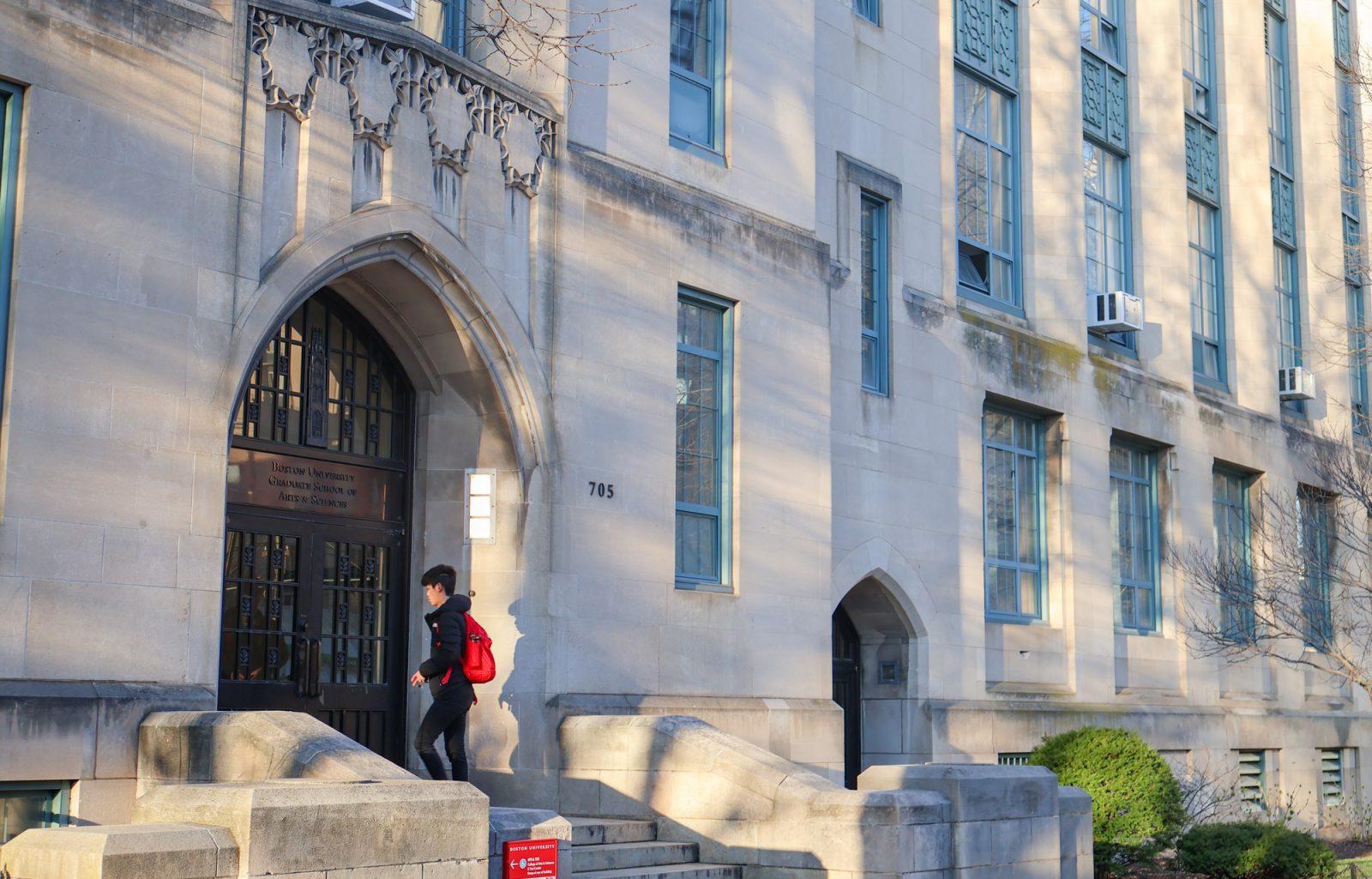While the early ’90s witnessed the rise of grunge with Seattle-based bands striking a chord with discontented youth across the nation, the U.S. cashed in on Britain’s answer to Nirvana: Bush.
Despite various racy rumors as to the origin of the band’s name, Bush claim their simple title hails from London neighborhood Shepherd’s Bush. The quartet, composed of guitarist Nigel Pulsford, bassist Dave Parsons, drummer Robin Goodridge and guitarist and vocalist Gavin Rossdale; has managed to survive the true tests of rock-and-roll stardom and come out relatively unscathed.
Bush burst onto the American music scene in 1994 with their debut album Sixteen Stone after experiencing little success in their native England. The American release of Sixteen Stone propelled Bush to stardom as their guitar-driven, angst-ridden anthems discovered a niche in the rock scene alongside innovative grunge bands such as Nirvana and Pearl Jam.
Sixteen Stone immediately became a success as soon as the album’s first single “Everything Zen” flooded the airwaves. Rossdale’s anguished cry thatf “there’s no sex in your violence” inflamed disgruntled youth, spurring “Everything Zen” to become a regular feature on most radio stations’ play lists. Bush experienced continuing popularity with the release of four other radio-friendly hits off of Sixteen Stone: “Little Things,” “Machinehead,” “Come Down,” and the melodic, swoon-inspiring single and video “Glycerine.” The success of these singles and their videos contributed to Sixteen Stone ultimately reaching six time platinum status.
Bush originally was lumped in the grunge category of music due to its heavy use of guitars and several angry songs highlighting Rossdale’s affinity toward frustrated yelling. However, Bush’s music is versatile; the melodies switch pace from heavy guitar-driven chords to interesting musical breaks and the use of strings on songs like “Glycerine.” Rossdale’s vocals are fascinating; he vacillates between angst-ridden cries and sensual pleas. Rossdale’s lyrics are also entertaining to listen to; some are introspective, some are accusatorial, some are touching, some are hostile and all are emotive. This interesting mix of lyrics and melody were what originally gained Bush its nook in the rock world.
Although Sixteen Stone thrust Bush into the limelight and afforded front-man Rossdale into superstardom, Bush also faced a great deal of negative press that constantly plagued the band. While Bush had found a receptive audience in “grunge” America, it also experienced a harsh backlash from many critics who deemed Bush “Nirvana wannabes.” Rossdale, an avid fan of Kurt Cobain’s brainchild Nirvana, cited the band, along with innovative bands such as the Pixies and various British rock bands, as a musical influence to Bush. However, despite the widespread popularity of Bush, skeptics dubbed the band an unoriginal Nirvana rip-off and characterized it as a fluke.
Bush was able to quell skeptics with the 1996 release of Razorblade Suitcase. Amid accusations of ripping off Seattle grunge bands and trepidation about the dreaded “sophomore slump,” Bush proved the skeptics wrong and put their fears to rest as the album debuted at #1 on the Billboard 200. With Razorblade Suitcase, Bush not only maintained their popularity but also thwarted criticisms that they were unoriginal and untalented.
The album showcased Bush’s diverse style as they proved that they could do more than just heavy guitar-driven rock songs and a few radio-friendly ballads that had boosted the sales of Bush’s first album. Razorblade Suitcase featured hits “Swallowed,” “Greedy Fly” and “Mouth.” This album allowed Bush to experiment with different styles of music and break out of the grunge pigeonhole it had been shoved into.
Razorblade Suitcase confirmed Bush’s status as a true rock band as the band launched a large-scale stadium tour, graced the covers of many magazines and performed live on the late night talk shows, Saturday Night Live and various MTV-sponsored programs. However, throughout this explosive rise to stardom, Bush continually dealt with the one obstacle that tended to overshadow the talent of the band: Rossdale’s good looks.
While Sixteen Stone appealed to many young rock enthusiasts, the release of the ballad “Glycerine” coupled with the MTV-friendly video attracted a new crowd of lust-filled young girls. Both Sixteen Stone and Razorblade Suitcase sold thousands of copies based on the band’s talent; however, there existed a market hungry for Rossdale’s pretty-boy face that some critics felt reduced the band’s credibility.
Rossdale’s perfect hair, doe eyes and toned body soon became the subject of many conversations and the object of thousands of young girls’ affection. As Rossdale graced several “sexiest men” lists and frequently overshadowed the rest of the band, people began to take the group less seriously. Rossdale was thrilled when the band was selected as the cover story for a Rolling Stone cover in 1996 — a true honor in the music world. However, the picture chosen to be the cover featured Rossdale shirtless and coy, sitting on a frilly bed. The band was angry at the “exploitation,” and the cover caused Bush to be a temporary laughingstock.
Bush tried to ignore the constant press around Rossdale, which was amplified when Rossdale began dating No Doubt lead singer Gwen Stefani and the two became the “it” couple of the music world. However, Bush trudged on and released Deconstructed, a remix album featuring notable names such as Goldie and Tricky, in November, 1997. Although the album was certified gold in 1998, the album was a disappointment to many Bush fans looking for something less experimental.
After a much-needed hiatus and a temporary withdrawal from the limelight, Bush re-emerged on the music scene once again with the 1999 release The Science of Things. The Science of Things debuted on the Billboard 200 at #11 and included a #1 rock single in “The Chemistry Between Us.” Yet the band’s popularity was waning.
As bubble-gum pop acts like Britney Spears and hard rock bands like Korn dominated the American music scene in the late ’90ss, Bush found itself in a state of limbo with no real home and a diminishing fan-base. The Science of Things made a slight rumble in the music world, but many perceived that Bush had peaked and Rossdale remained in the limelight predominantly as an accessory to girlfriend Gwen Stefani.
However, after a two-year break spent musically maturing, Bush released their fifth album in 2001. Golden State is Bush’s attempt to reclaim its place in the modern rock world. The release of the single “The People That We Love” generated a moderate buzz and is appealing to fans of Sixteen Stone, as the band returns to its roots.
Bush is currently touring the United States in support of Golden State and recently played the Orpheum Theater on March 12. The band is constantly busy between chaotic touring schedules and the time-consuming task of fatherhood, which Pulsford, Goodridge, and Parsons all share. Rossdale also leads a hectic lifestyle as he constantly travels between his native England and California to visit his new fiancée Stefani.
Bush surfaced during the days of Seattle grunge and has managed to stay afloat despite the ever-changing tides of the American music scene. While it may be “the little things that kill,” Bush has proven that they won’t be discarded in the rock music waste-basket so easily.

